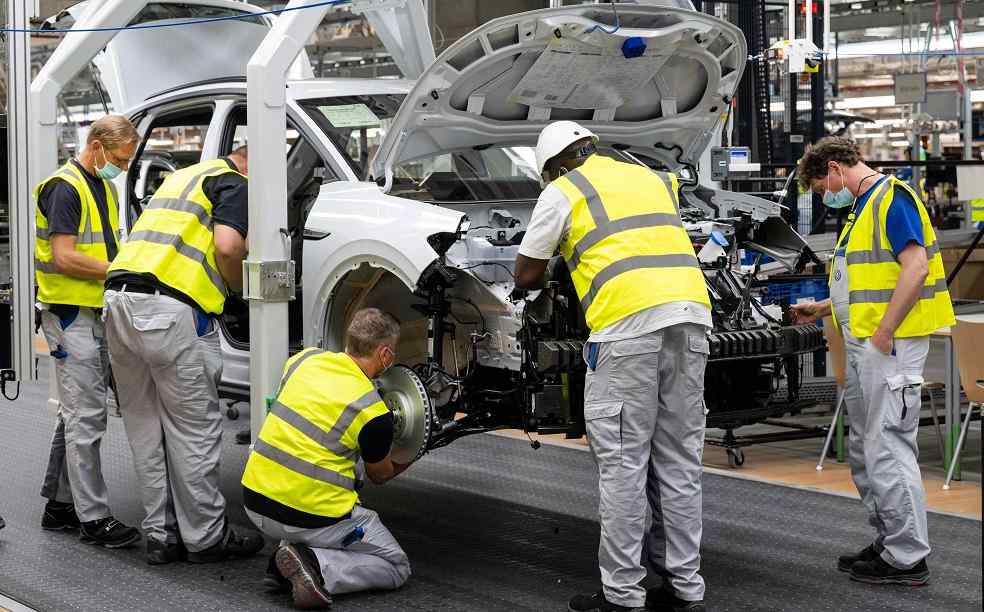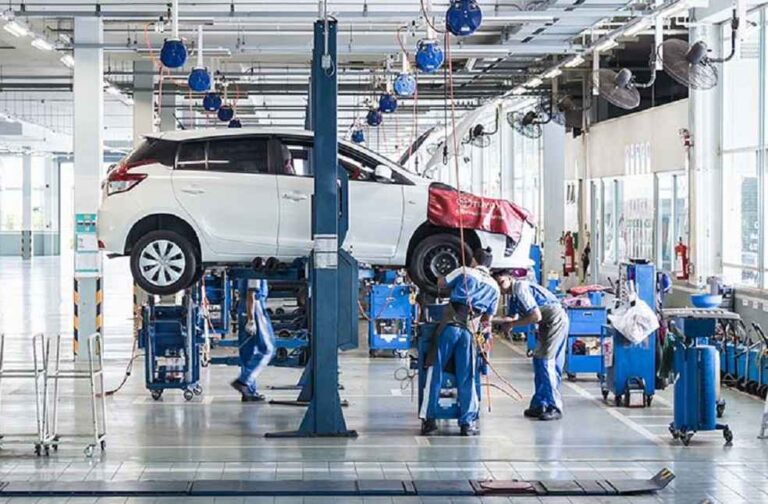The new regulations for electric vehicle (EV) and hybrid technicians in New South Wales, Australia, may lead to service delays and higher costs, as there is a shortage of professionals meeting the new qualifications. Under the proposed rules, mechanics will need to undergo additional training in battery technology and safety before they are legally permitted to service EVs and hybrids.
The regulations are part of a new act intended to replace the existing Motor Dealers and Repairers Regulation, which will expire on September 1.
New South Wales (NSW) Fair Trading, which provides the legal framework for the purchase, sale, and repair of motor vehicles across the state, introduced the proposed regulations. If enacted, the regulations will apply to both new mechanics and the 49,000 existing professionals in NSW—representing one-third of Australia’s total mechanic workforce—including those already experienced in servicing electric vehicles (EVs).

The rule also covers technicians performing steering, suspension, and wheel alignment work, and requires tire fitters to complete the designated course before legally conducting wheel alignments on electric vehicles (EVs).
According to the Australian Automotive Aftermarket Association (AAAA), only about 10% of technicians in New South Wales (NSW) have undergone EV training. The AAAA also highlights the additional challenge for technicians in regional areas, where accessing training and taking time away from their workshops to complete the training is more difficult.

To work on battery electric vehicles (BEVs), technicians must obtain the AURSS00064 Battery Electric Vehicle Inspection and Servicing Skill Set certification.
Under the new law, those qualified in electrical accessory fitting, radiator repair, and steering, suspension, and wheel alignment must complete the AURETH101 Depower and Reinitialize Battery course before working on hybrid vehicles, ensuring they can safely handle battery systems.
The AAAA argues that the regulations outlined in a Regulatory Impact Statement (RIS) are fundamentally flawed and require reassessment.
DON’T MISS | Pakistan to Phase Out Auto Sector Duties Under Tariff Reform Plan





